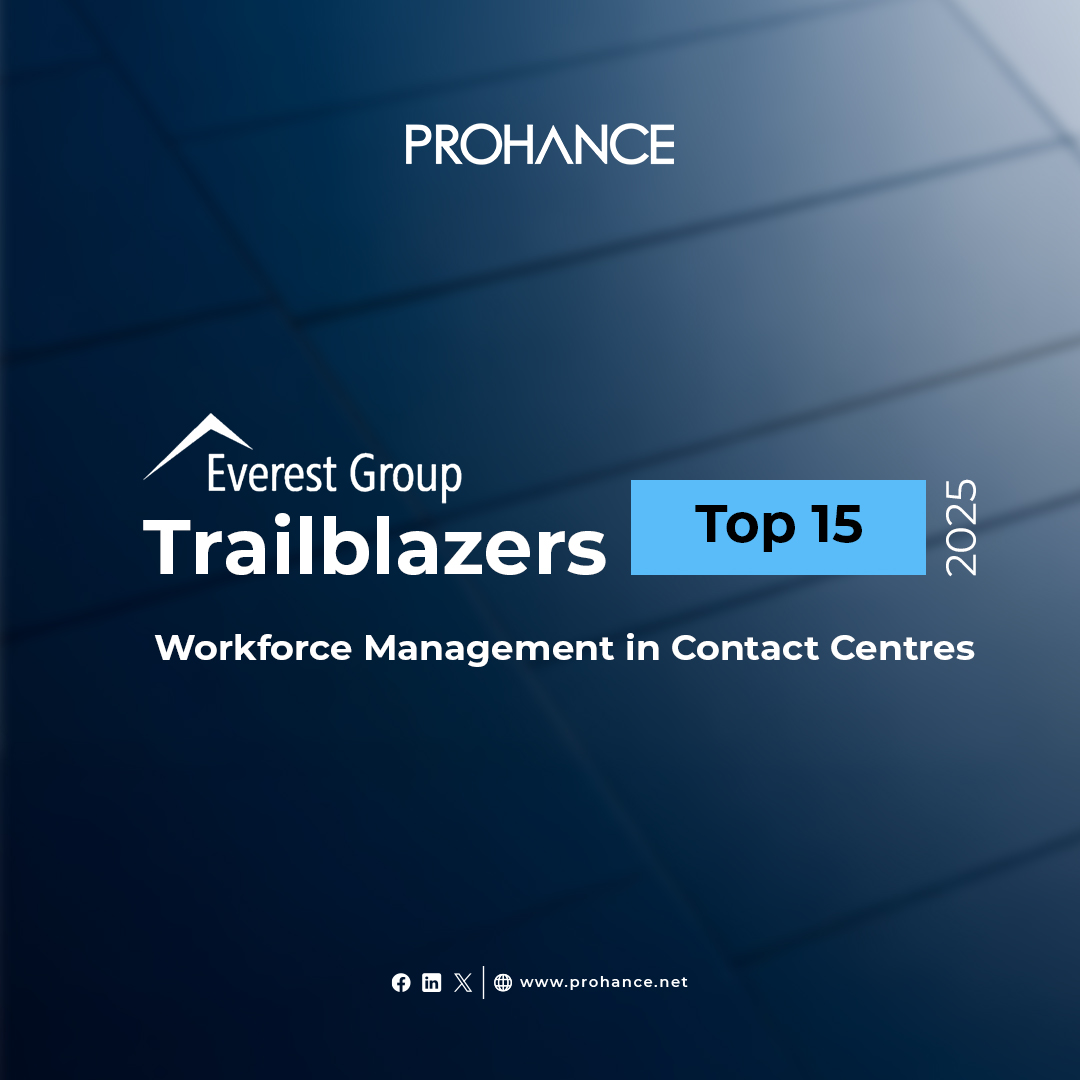Working Process:
The process of forecasting typically begins with collecting relevant data from various sources such as sales records, market research, economic indicators, and historical patterns. This data is then analyzed using statistical techniques such as time series analysis, regression analysis, and machine learning algorithms.
After analyzing the data, forecasters identify patterns, trends, and relationships that can help predict future events. They may develop different scenarios or models to account for different possible outcomes based on various assumptions and inputs. The accuracy of forecasts depends on the quality of data, the appropriateness of the forecasting methods used, and the assumptions made during the analysis.
Importance:
Forecasting plays a crucial role in decision-making across various sectors including business, economics, finance, and government. By providing insights into future trends and potential outcomes, forecasting enables organizations to:
-
Plan Strategically: Businesses can align their resources, production schedules, and inventory levels to meet future demand effectively.
-
Manage Risks: Forecasting helps organizations identify potential risks and uncertainties, allowing them to develop contingency plans and minimize financial and operational risks.
-
Optimize Resources: It allows efficient allocation of resources such as manpower, raw materials, and capital investments based on anticipated future demands.
-
Improve Financial Performance: Accurate forecasting supports budgeting, financial planning, and revenue projections, aiding in achieving financial goals and profitability.

